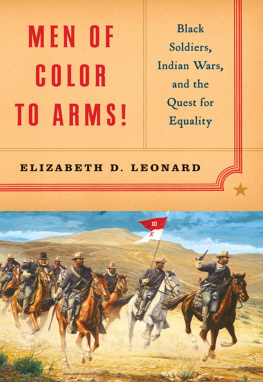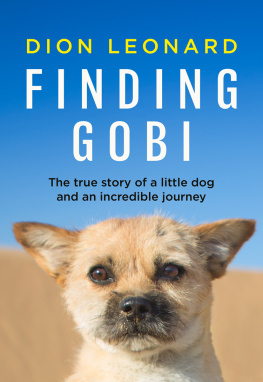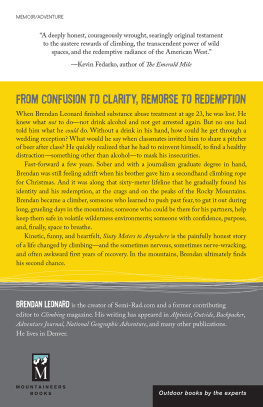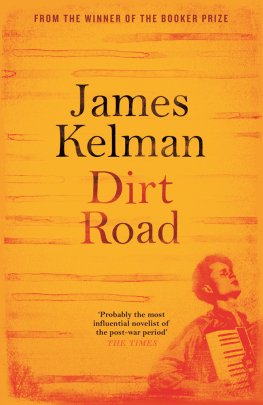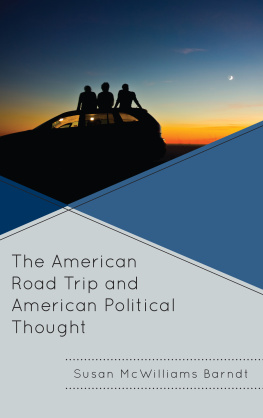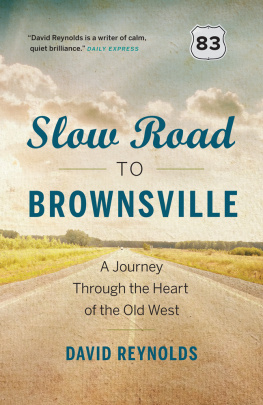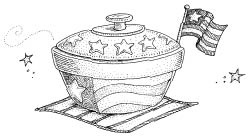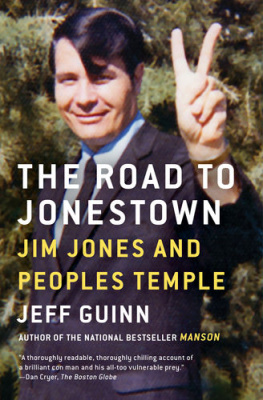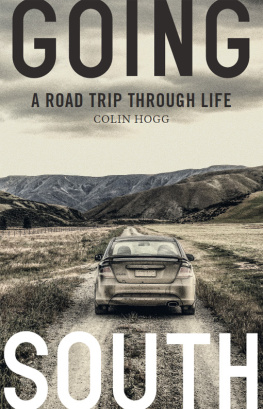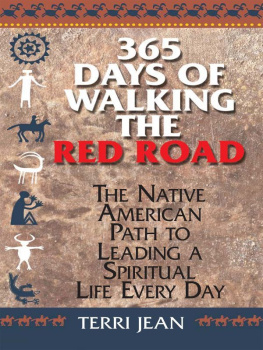FIVE
--
My friend Tommy Riley does not seem like someone who spends his days working at a place like the Art Institute of Chicago. He has the name of a native New York City firefighter, and he talks like a fifties greaser sometimes. He works on his own car and has a thick black mustache fit for an auto-body-shop owner. Judging by his appearance, youd assume he drives a Camaro, drinks Budweiser and listens to Billy Squier; but his taste in music is current, and goodhip, even. He loves to tell people about randomly seeing classical violinist/art-rocker Andrew Bird around town. But he still says things like kid sister, occasionally refers to women as chicks or broads, and every once in a while lapses into language like hes been hanging out on the set of Happy Days . His extended family members all play instruments, and when they get together, they play Jim Croce songs. Tommy sometimes sits in on the drums when someone needs a break.
I like Tommy because I think he is everything that is good about the working class in American cities (or used to be), even though he has a white-collar job. He was born and raised in the south Chicago suburbs, loves the city, loves the White Sox, and hates the Cubs. He will tell you that a garage, on the south side of Chicago, is known as The Party Room. I like a guy who still believes in drinking beer in a garage. Tommy does whatever the fuck he wants for fun and doesnt care if its cool or not, and, whether or not you think whatever it is is cool, you want to go do it with him, because hes so earnestly excited about itsweetly. After growing up going to punk shows, he was now 32 and into honky-tonking.
Twelve hours into our 18-hour drive from Eastport, Idaho to Lee Vining, California, Tommy looked over at me and said, You ever think about switching the drivers seat with the passenger seat in this thing?
No, why?
Well, in theory, its got about half as many miles on it, he said. You think about it, the only thing wrong if you switch them is the recline handle is on the inside. It still works.
Wow, I said. A few weeks before our trip, Tommy had repaired a hole in the exhaust on his 1992 Ford Explorer using a Miller High Life can to replace a rusted-out section of pipe. I had seen photos. Tommy believed in keeping vehicles alive as long as possible, as opposed to the American tendency to buy a new car as soon as one got a little old, dirty, or near 100,000 miles. He called himself a shade tree mechanic or a ghetto mechanic, and would every once in a while in conversation enthusiastically say brilliant things like, Man, getting a new windshield is like getting a new car! And then I started to wonder what it would be like if I replaced my windshield and didnt have to squint through a million tiny dings every time the sun was low in the sky. Maybe it was worth the $200 to get a new windshield, if Tommy said so.
If you were to get turned around at the Canadian border and your plan of climbing for a week in Banff completely disintegrated, Tommy Riley was the guy you wanted with you. I figured we could get to California in two days, if we could handle that much time in the car. It was 18 hours away, and we made it in 26 hours, stopping to sleep once in a cheap hotel in Connell, Washington.
We drove the entire north-south length of Oregon, 365 miles from the Washington border to the Nevada border, in the middle of a hot August day, over the golden hills and the empty plains and the desert mountain ranges, passing through only nine towns of a size large enough to support a convenience store. Sweat dripped down the fronts of our shirts, and we got out of the car at gas stations, damp everywhere, soaked front and back.
And that was just the start. We were numb already. Another two hours to Winnemucca, Nevada, as the sun sank. We stopped at a truck stop at the south end of town, where all the people there made me feel like we had just returned from the moon. We hadnt seen more than a handful of cars since Burns, Oregon, a dusty outpost four hours back, and I had silently worried that my spare tire wasnt inflated in the back of the car, and we would get a flat and spend the night out in the desert with no cell signal. It was a bigger kind of loneliness than Id felt driving anywhere else in America.
Tommy Riley would not complain about the lack of air conditioning in a car on an 18-hour drive through the desert in the summertime. He wouldnt complain about anything, as my friend Nick had once told me. Nick and Tommy had been coworkers at Breckenridge Ski Resort in 2004, bumping lift chairs and sampling the ski-bum life for two years. Tommy said he and air conditioning had a contentious relationship, meaning he had never actually had it in any of his cars. So he was fine leaking sweat out of every pore on an endurance drive in my shitty Subaru, and excited about climbing in Yosemite.
We drove in the dark through Nevada, rabbits sprinting across the road just in front of the car every three or four minutes south of Hawthorne, Nevada. I wildly swerved to avoid them, the cars headlights sweeping both sides of the road, until I eventually hit one and hopefully killed it. Mostly I was too exhausted to feel that bad about it as its body thudded into the bottom of the cab as we rolled over it at 75 mph.
At 11 p.m., we crept into the Big Bend Campground a couple miles up the road from Lee Vining, California. I rolled out my sleeping bag, sure nothing would wake me, the soothing sound of Lee Vining Creek rolling by not far away.
I sat up the next morning at 7:30, feeling like we were somehow all of a sudden in California, at the eastern gateway of Yosemite, the most famous climbing area in the country.
Tommy had never climbed anything higher than a half-ropelength, or about 100 feet. The rock climbing outside Chicago doesnt tend to be very high. The first day in Tuolumne, we romped up an easy climb on Tenaya Peak1,500 feet of low-angle granite to a summit that looked down on Half Dome and the Yosemite Valley to the West. Afterward, out of nowhere, Tommy asked me, You know what Ive been doing lately at work? Drinking out of a non-travel coffee mug. Its great. Makes you feel less rushed. And then we drove back to the campground, fist-pumping out the window to The Misfits I Turned Into A Martian.
--
I drove 30 minutes down Tioga Pass Road, dropping 2,400 vertical feet in 10 miles, zooming down the canyon to a roadside pullout just before the intersection with US 395, where I finally got cell service. As the sun dropped behind the mountains, Mono Lake started to fade into darkness, and I called Tess.
It had been almost seven weeks since we had said goodbye in front of the Denver airport, and that night and a few days after, she had e-mailed to say she wasnt sure. I had told her that I had no choice but to start trying to get over her once she got on that plane. I couldnt sit around and hope she would come back and have a change of heart.
She had spent a month working in Ecuador. No time to digest everything. While she was away, I sat in our home in Denver and disassembled our life together. Now she was back in the lonely apartment, and I was in Yosemite. We were on different timelines.
On the phone, looking over Mono Lake from the drivers seat, fiddling with the steering wheel with my other hand, I told her what Id been thinking about: that she was right when she said she didnt know if we were right for each other; that maybe I had been trying so hard to make it work that I hadnt been able to admit that I wasnt happy; that I probably hadnt known that I wasnt happy until we had broken up.
Tess was back in Denver, boxing up the things that were hers, some of which had been ours seven weeks before: the bed, dishes, pots and pans, photos, the furniture. I knew how that felthorrible, sad and lonelyand I felt bad that she was there alone. Even though we were broken up, I wished I could help her get through it. But I had done the same thing a few weeks earlier.
Next page


